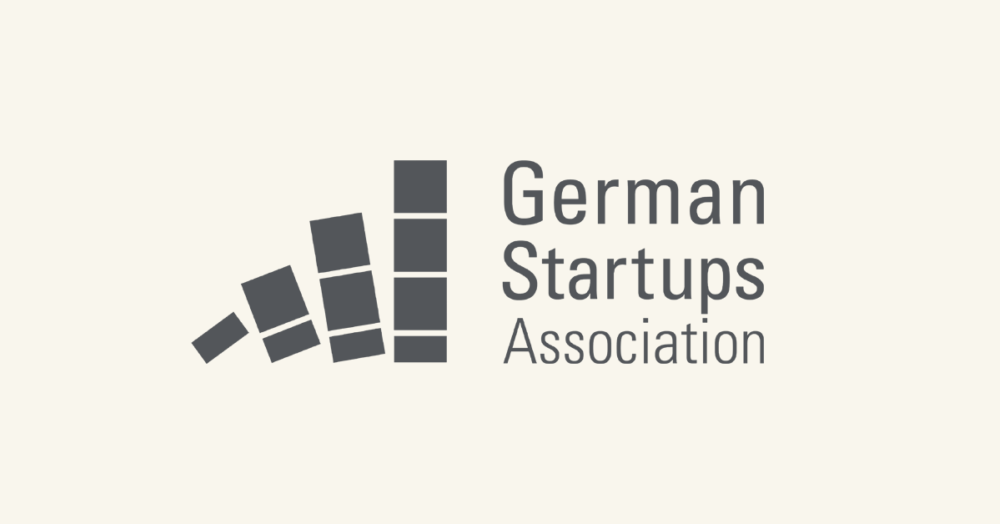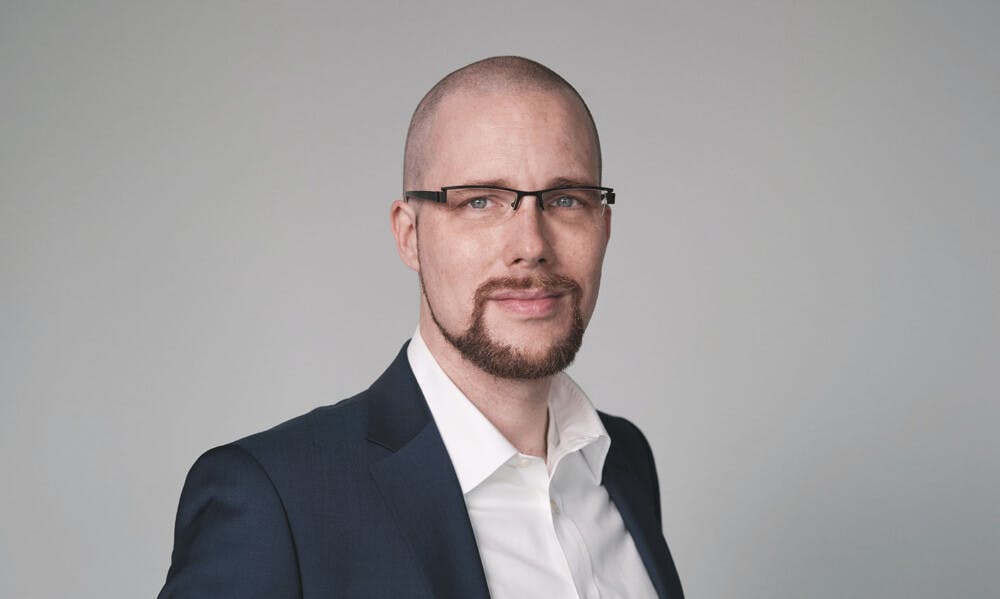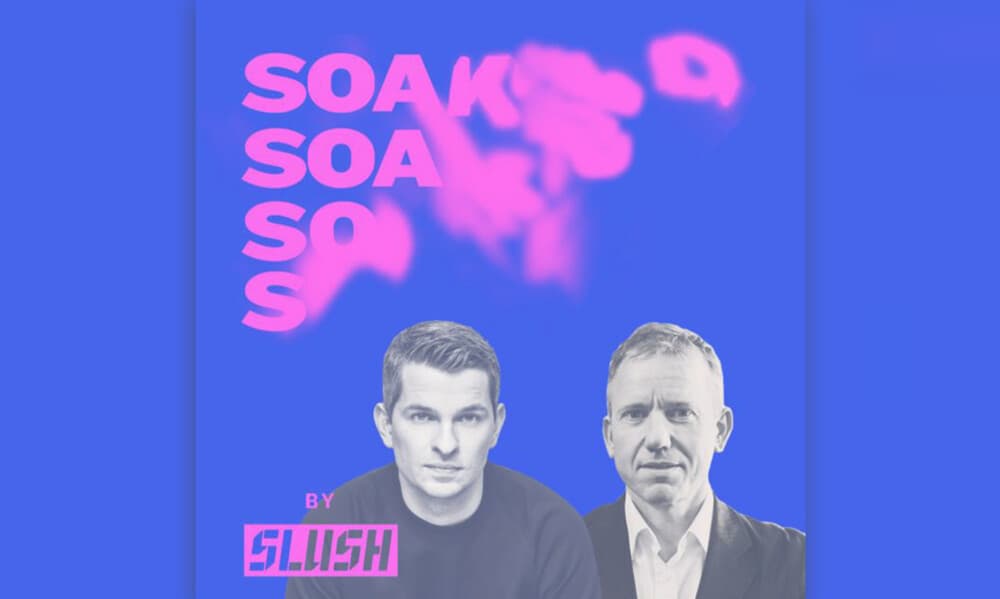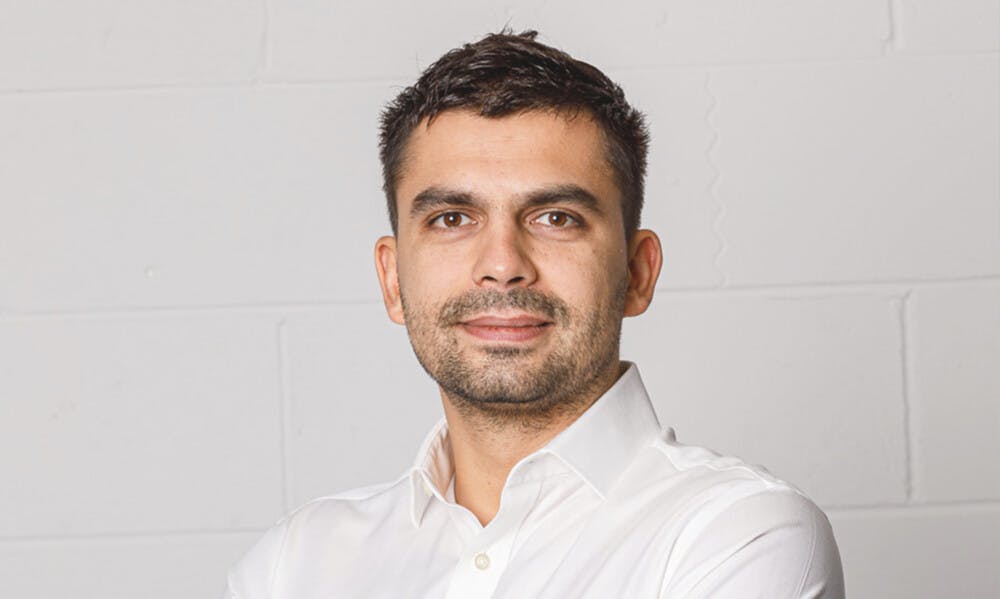Founders' Stories|
Social networks for neighbours
Nebenan is Germany’s hyper-local neighbourhood community, the largest in Europe and part of Good Hood which has also created similar communities in France, Italy and Spain. Our aim is to build social networks all over Europe that connect people living in the same neighbourhoods.
CHRISTIAN VOLLMANN, FOUNDER AND CEO, NEBENAN
There are already two types of social networks in existence which link different groups of people. The first, typified by Facebook, brings together people who already know each other and want to stay in contact with them. The second type creates networks of professional contacts such as LinkedIn, XING in Germany and niche net- works for groups such as scientists and software developers.
I co-founded Good Hood in June 2015 to create a third type of social network which connects people who share the same neighbourhood. In December 2015, I launched our first such social network in Germany called Nebenan. My hope was that it could fulfil several purposes, such as helping people when they move into a neighbourhood, sharing equipment and tools such as ladders or power drills with neighbours, and lobbying local authorities to make the neighbourhood a better place.
This type of social network was pioneered in the US in 2011 by Nextdoor, which says it supports more than 220,000 neighbourhoods around the world. In the US, however, it mainly focuses on neighbourhood watch schemes and security issues which has given the concept negative spin and raised difficult issues about attempts to identify criminals. In effect, it is fear-driven and has not been very successful in launching itself in Europe.

But we believe that neighbourhood social networks can succeed in Europe if they take a more positive approach and highlight the benefits of working with neighbours. Studies by big German insurance companies have shown that people who have social con- tact with neighbours are less prone to serious illnesses such as strokes, heart attacks and depression. Other studies show that connected neighbourhoods are safer, with less crime and vandalism – if you know your neighbours, you are more likely to spot something fishy going on at their homes.
And while the Silicon Valley approach of creating one global brand of social net- work has worked well with Facebook and AirBnB, it does not provide the truly local approach that Good Hood embodies. Europe is still a union of nations with their own languages and customs, and we are launching neighbourhood social networks to reflect those differences.
So after creating Good Hood and Nebenan (next door) in 2015, we launched a French version called Mesvoisins (my neighbours) in September 2017 which is now a market leader. These were followed in September 2018 by Italy’s Vicinimiei (my neighbours) and Spain’s Tienessal (do you have salt? – a typical request when moving house and encountering new neighbours).
Earlier types of social network such as Facebook, LinkedIn and Skype grew fast because they connected people who already knew each other. They also grew exponentially because they were inherently viral: every user had an incentive to invite friends and families to sign up so they could contact each other free of charge. But with neighbourhood social networks, we had to persuade people to get together with people they did not know – because most lacked the email addresses or mobile numbers needed to make contact. Therefore, we devised a digital tool to make it easier to approach neighbours, reducing the hurdle to taking the first step.
Studies by big German insurance companies have shown that people who have social contact with neighbours are less prone to serious illnesses such as strokes, heart attacks and depression
Even so, growth of the neighbour- hoods has been linear rather than the exponential growth experienced by earlier types of social network. Also, every neighbourhood must be started from scratch – there are no existing networks to sign up for. Nonetheless, we have now established 7,000 neighbourhoods in Germany and 2,000 in France. And we have signed up 1.2 million users in Germany, having verified their names and addresses and their residency of one of the neighbourhoods.
This verification process is very important for two reasons. The first is that what is posted must stay in the neighbourhood and not be accessible by searching online; users do not want to be deluged with messages or spam from outside their neighbourhood. A second concern among potential users is over data privacy issues, like those exposed recently in social networks such as Facebook which have been selling personal data.
Another challenge for us is monetisation, which we have just begun to explore in Germany with three different pillars. The first, which we launched in September 2018, asked for feedback from users to see if they like our product. They do, especially because it does not sell their data as Facebook does – they say ‘Do not sell us out.’
We then explain that the social net- work needs to make money, and ask whether they would pay a monthly contribution of their choice, which can be as little as one euro. This is how Wikipedia earns money, and thousands of Nebenan users immediately said yes. The drop-out rate is very low, and we will build up the numbers by asking again and also doing it for our networks in other countries.
The second pillar is to invite local businesses onto the platform – creating a second set of stakeholders. They must have a physical presence in the neighbourhood, like bars, shops, lawyers, plumbers and other local professionals – and large internet websites such as Amazon and Google are excluded. A few hundred paying bodies had already signed up after seven weeks, and we intend to build up this pillar and introduce it in other countries.
The third pillar is to invite local municipalities – cities, towns and villages – onto the platform, which they could use to poll local users on services, get feedback and raise awareness of their activities in their neighbourhood. We would expect this to be longer term, in the same way as local municipalities sign long-term contracts with other public utilities.
Launching Nebenan required funds to build its network before earning any revenues, and like previous social networks sought venture capital. We were very lucky to find Lakestar, with Klaus Hommels being the first investor to believe in the concept and to invest a substantial sum before there was anything to show for it. Lakestar also participated in three rounds of subsequent fund-raising, two of which also brought in investments from Burda, the big German media group.
One attractive feature for investors was that we created a hybrid model for our social networks. Good Hood is the for-profit company which built the platform and will pay out dividends, but it has a subsidiary company which is 100 per cent non-profit and can take donations and issue tax receipts. This has only eight employees and is focused on three social causes: social integration, democracy and hyper-local engagement. It also runs competitions and gives out an award every year.
To create this hybrid model, I teamed up with Till Behnke, one of the best-known social entrepreneurs in Germany, who became a co-founder. He had previously founded Betterplace.org, a simple website to use that collects millions of donations for charities every year. Our hybrid model shows that we are going after big business opportunities while also supporting three important social purposes.
Good Hood is the fourth successful company that Christian Vollmann has started and he has become a well-connected business angel in the Berlin start-up ecosystem. His first liquidity event in 2005 has led to 75 seed investments over the past 13 years: more than 40 are still active, there have been ten successful exits and roughly 20 failures. He is a strong believer that successful entrepreneurs should support the next generation of start-ups, as Silicon Valley entrepreneurs have done over the last 50 years.









